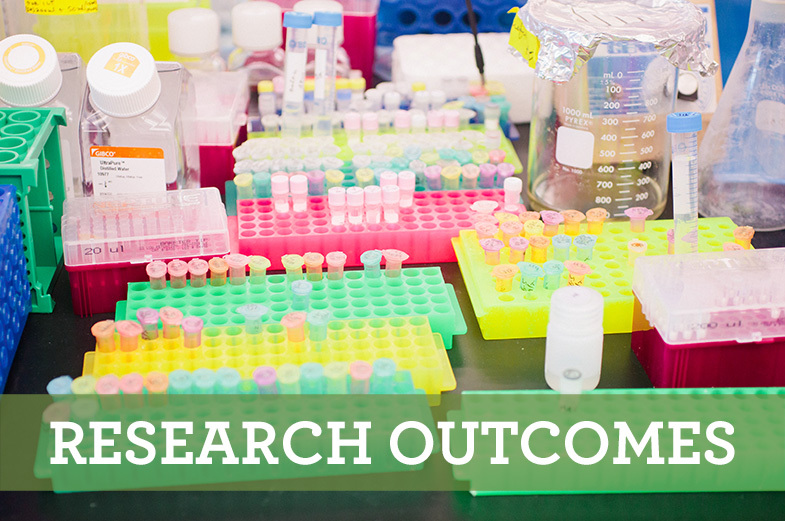Read on to learn about some of the research that – thanks to you – is changing the world of childhood cancer care.

A Key Gene Is Turned On In Most Cancer Types
St. Baldrick’s Fellow Dr. Jessica Tsai and colleagues discovered that a gene called FOXR2 that is normally turned off in most tissues is activated in at least 70% of cancer types. Their study, recently published in Cancer Research, may help researchers understand how cancer develops. For instance, they found that osteosarcoma shows FOXR2 expression and that FOXR2 boosts the growth rate of brain tumors, including diffuse midline gliomas. There is still a lot to learn about how the gene is activated and they are already working to figure out how to target this gene with new treatments.
Did you see it? Dr. Tsai was featured on a recent Impact Series – watch it here
Developing CAR T Cells Faster
CAR T cell therapy is a type of immunotherapy, fighting cancer with a patient’s own altered immune cells. A new approach from researchers including St. Baldrick’s Scholar Dr. Saba Ghassemi, has drastically cut the time it takes to alter patients’ immune cells for infusion back into the body to find and attack cancer. This process typically takes 9-14 days, but as shown in a recent publication in Nature Biomedical Engineering, Dr. Ghassemi and colleagues generated functional CAR T cells in just 24 hours. This demonstrates the potential for a substantial reduction in the time, materials, and labor required to generate CAR T cells, which could be especially beneficial in patients with rapidly progressive disease and in resource-poor healthcare environments.
Potential New Drug For Ewing Sarcoma
Results from the St. Baldrick’s Foundation Martha’s BEST Grant for All were presented at the recent American Association of Cancer Research (AACR) Special Conference. This research showed that when tested in models, a new drug candidate was 25 times stronger than current FDA approved drugs in trials for Ewing sarcoma treatment. “These newly presented in-vitro data suggest promising activity for our novel kt-3000 series drug candidates as a potential treatment for Ewing sarcoma and other treatment-resistant cancers,” said St. Baldrick’s supported researcher Mads Daugaard, PhD.
The St. Baldrick’s Martha’s BEST Grant for All is funded through an anonymous $1 million donation aimed at developing new treatments for Ewing sarcoma, an aggressive bone and soft tissue cancer in children and young adults. This grant is named for a special teenager who passed away from Ewing sarcoma.
Recent FDA Approval
The FDA recently approved the combination of 2 targeted drugs for the treatment of adults and children ages 6 years or older with nearly any type of advanced solid tumor that has a specific mutation in a gene called BRAF. This mutation can increase the growth and spread of cancer cells. Results from three clinical trials, including one with pediatric patients, laid the groundwork for the approval. Data from the pediatric trial was also used to adapt the use of Trametinib in a phase 2 trial for pediatric patients with relapsed or refractory Juvenile Myelomonocytic Leukemia (JMML). The St. Baldrick’s Foundation is providing support for this JMML phase 2 COG study, and we are eager to see results from this trial.
Not every publication of research supported by St. Baldrick’s makes the news, but each one adds to the body of scientific knowledge that takes us one step closer to better outcomes for kids with cancer. Your continued support will make more research possible to Conquer Kids’ Cancer.
Donate now and help support research into better treatments for kids with cancer
Read more on the St. Baldrick’s blog:

 SBF
Tweets »
SBF
Tweets »